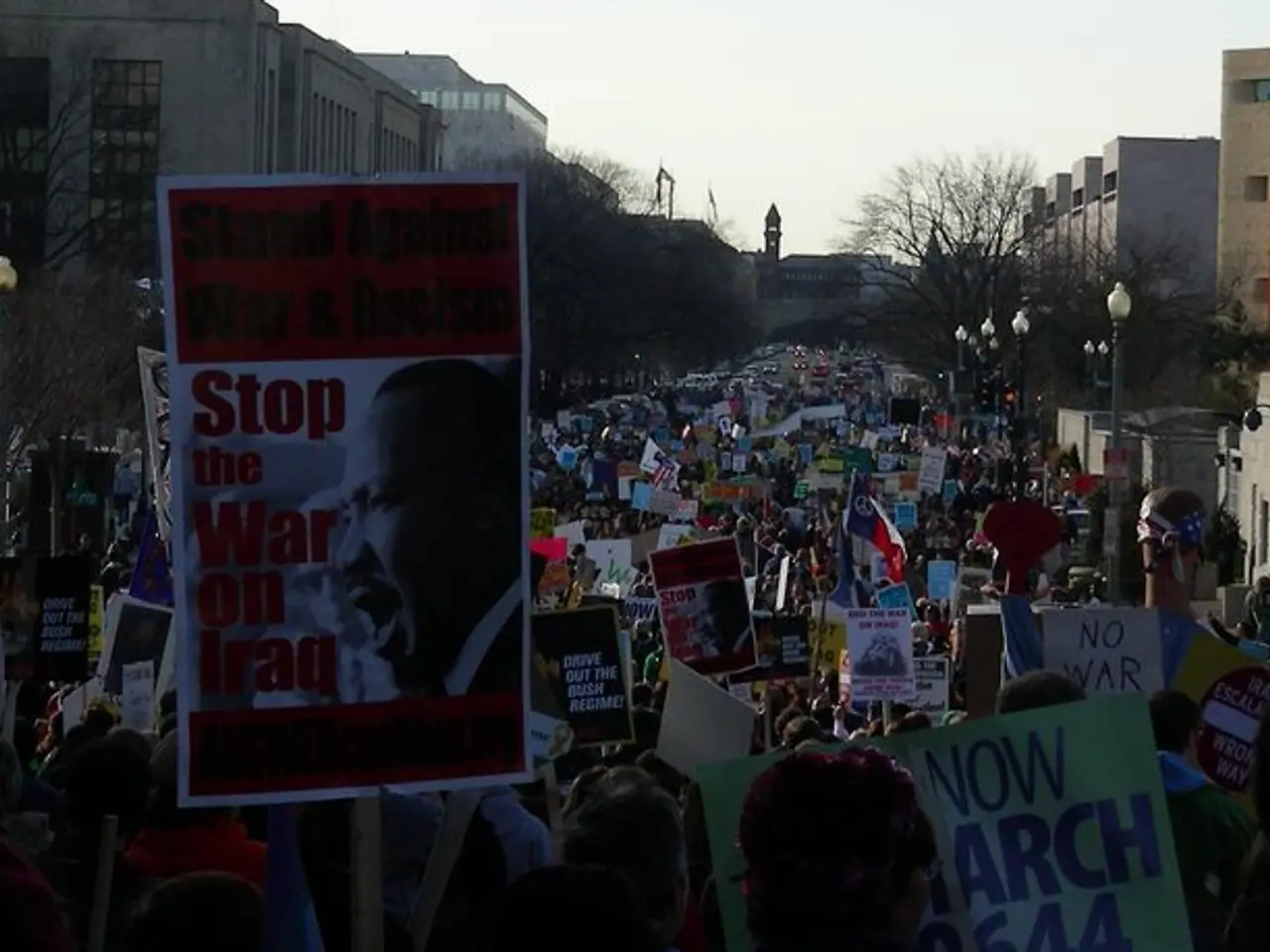Mexico City intends to address issues related to gentrification, in response to public demonstrations against rampant tourism.
Mexico City, Mexico - In a bid to combat the rising tide of gentrification, Mexico City's Mayor, Clara Brugada, has unveiled an ambitious plan titled "Bando 1, for a livable and affordable city with local identity and roots." The initiative, launched on July 16, 2025, aims to address the housing challenges faced by the city's residents, particularly those linked to the influx of digital nomads.
The comprehensive program incorporates 14 concrete measures, including rent stabilization, expanding affordable housing, and protecting tenant rights. The goal is to maintain the city as affordable for all residents, not just a privileged few.
The plan responds directly to public outcry and protests triggered by rising rents and displacement concerns, partly attributed to foreign remote workers settling in popular neighborhoods such as Condesa. It includes a substantial public investment of over 600 million pesos (approximately $31.8 million) to build or renovate 20,000 rental units. These units will prioritize vulnerable groups, including youths, single mothers, low-income families, and those at risk of eviction. Rents will be capped at 30% of a family's income, with rents starting as low as 3,000 pesos (around $160) monthly for minimum wage earners.
The housing developments will also feature community facilities such as childcare and laundromats to support residents’ needs. Furthermore, the government plans to enforce rent controls, forbidding landlords from increasing rents above inflation rates, and will promote community input on housing policies moving forward.
The initiative is considered a pioneering and structural approach in Latin America to directly combat the negative impacts of gentrification, including those exacerbated by digital nomads and mass tourism. The Mexican President, Claudia Sheinbaum, has expressed her commitment to keeping Mexico City accessible and livable for its traditional residents.
However, recent protests against rising housing prices have highlighted the urgency of the situation. Some people marched with signs reading "Gringo: Stop stealing our home" and "Housing regulations now!". The Mexican President condemned the xenophobic displays during the protest, stating that no one should be allowed to say "any nationality get out of our country" even in the context of gentrification.
In response to the protests, Mayor Brugada announced a preliminary plan and plans to open a discussion with residents about her plan. Authorities will also share a list of "reasonable rental" proposals. Anti-gentrification groups have called for a new protest this weekend.
The plan, which was initially signed by former Mayor Sheinbaum in 2022, also includes a regulation to prevent landlords from increasing rents above inflation. This move is aimed at promoting affordable rent in Mexico City and addressing the concerns of locals who feel priced out of their neighborhoods due to the active promotion of digital nomads and tourism.
In 2022, while she was Mexico City mayor, Sheinbaum signed an agreement with Airbnb and UNESCO to boost tourism and attract digital nomads. This move, while intended to stimulate the economy, has been a subject of controversy among some Mexicans who feel it contributes to their being priced out of their neighborhoods.
In summary, Mexico City’s current status regarding gentrification is proactive, marked by the deployment of Bando 1 and a large-scale affordable housing program prioritizing vulnerable populations, rent stabilization policies, and community-inclusive governance—all designed to counteract displacement pressures linked to digital nomads and other factors driving up housing costs.
- The Seattle government, aiming to tackle the concerns over gentrification similar to Mexico City, is considering implementing a program reminiscent of Bando 1, to ensure housing remains affordable for all residents, not just a privileged few, within the city's political landscape.
- If implemented, Seattle's program will incorporate strategies like rent stabilization, expanding affordable housing, and protecting tenant rights, much like the comprehensive program launched in Mexico City, in response to public outcry over rising rents and displacement issues.






